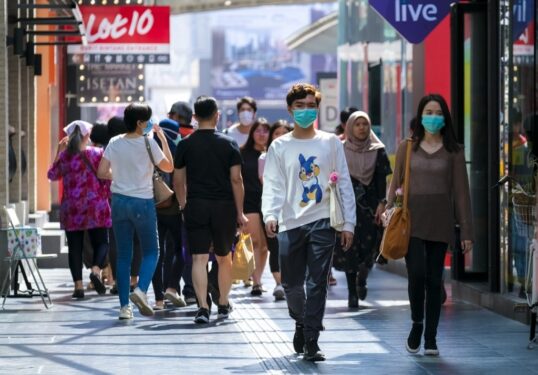KUALA LUMPUR: OCBC Treasury Research says it expects the prices of oil, food and rubber to continue to be depressed amid the COVID-19 outbreak.
Economist Howie Lee said the longer the COVID-19 situation persists, the more apparent the demand slowdown would appear.
“There is a case for deferred consumption for most markets, but any catch-up is unlikely to fully compensate for the demand drawdown in this period,” he said in the research house’s commodities report today.
According to Lee, there are whispers in the market that orders for energy products have fallen by about 20% in China, suggesting that about two million barrels per day (mbpd), or 2% of global demand, have been wiped off the market.
“Further downstream, the expected demand losses should come mainly from the petrol and jet fuel market, given the travel restrictions imposed across the country,” he added.
He noted that while demand for industrial products like diesel and natural gas might see less of a downturn, this would depend much on how long the COVID-19 situation lasts.
Lee expects the muted travel in this period to result in higher onshore inventories than expected, which could act as a drag on energy imports into the country.
In addition, he said, expectations that agricultural commodities could outperform as people rush to stockpile food items is highly unlikely to happen.
“Wheat, which is used to make instant noodles, has fallen 7% so far, soybean prices have declined 8.5% and crude palm oil prices have dipped about 18%.
“Food consumption is heavily linked to income and in addition China, the epicentre of the COVID-19, has the largest population in the world,” he added.
To Lee, a pullback on spending is expected, whether the choice of staple is white rice, pasta or instant noodles, as demand for raw food materials is going to be impacted on the downside.
He also said that natural rubber prices, which have declined by as much as 17%, are expected to be impacted by slow tyre demand as a result of travel restrictions in China, poor auto sales extending from last year, and the resulting economic slowdown from the virus.
Although there has been an increase in demand for rubber gloves, he regarded the increased demand as likely to flow through synthetic rubber and not natural latex.
“Any uptick in demand for gloves is unlikely to compensate for the lack of tyre demand,” he added. – Feb 13, 2020, Bernama









